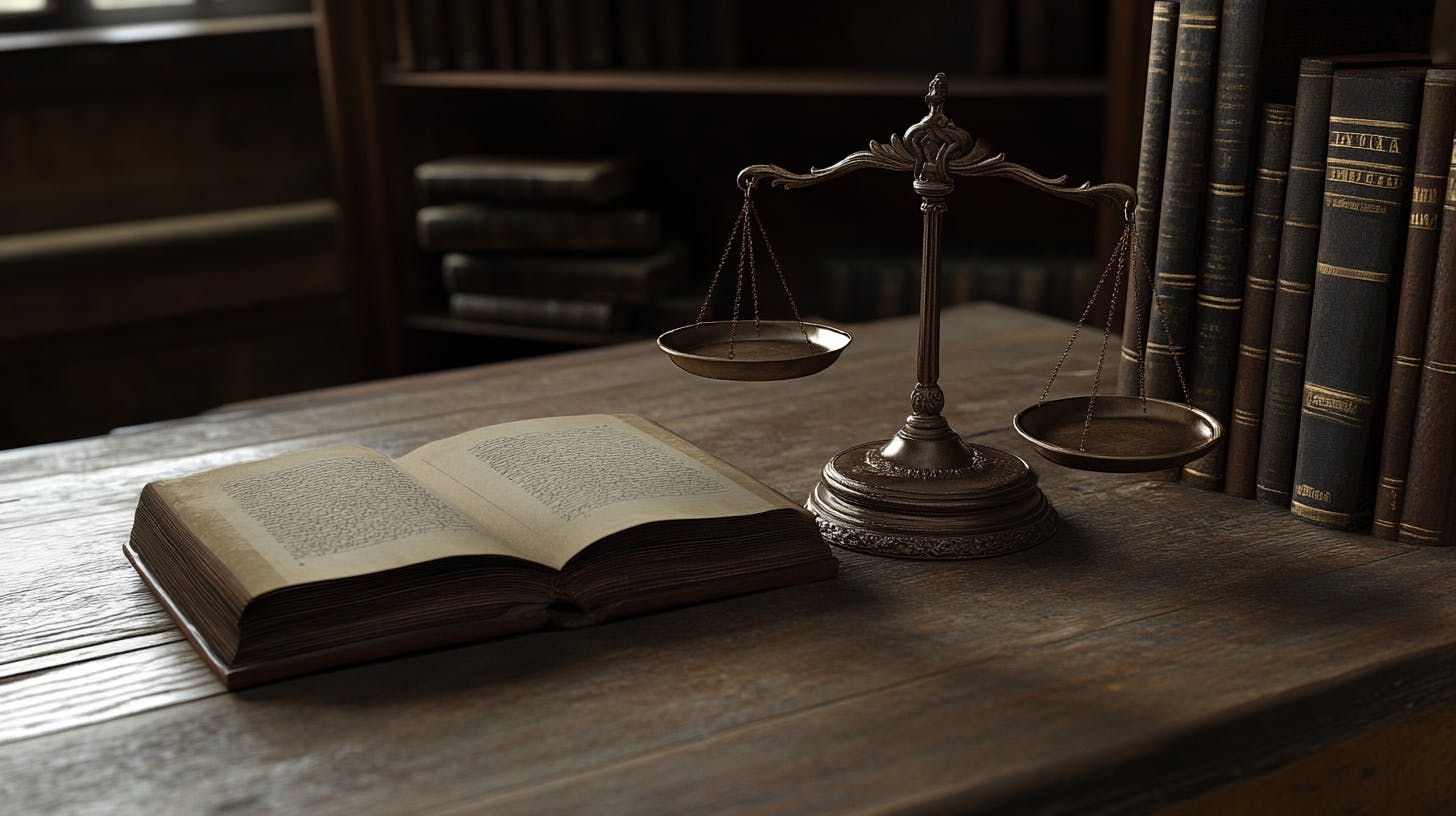Homosexuality and 'Conspiracy to corrupt Moral'

Roy Jenkins expressed concerns that the 1959 Obscene Publications Act was undermined by using conspiracy to corrupt public morals as an alternative to obscenity charges. He urged the Attorney-General in parliament not to pursue conspiracy to corrupt public morals charges in place of section 4 of the Obscene Publications Act 1959.1 However, following judicial decisions, immediate prosecutions aimed at outlawing immoral behaviour were not permitted.2
The decision in Shaw was significant in the 1960s discourse on morality. Notably, opponents of the 1967 Sexual Offences Act—which sought to decriminalize homosexuality between consenting men over the age of 21—embraced the notion that criminal law reflects customary moral standards.3
Welsh Tory Raymond Gower advocated for protecting youth and confining homosexuality to "true homosexuals" or those already identified as such. He argued, "the wider spread of these practices would be highly undesirable,"4 suggesting that preventing exposure to homosexuality would mitigate potential undesirable consequences for those not already involved.
References
- Obscene Publications Act 1959
- Harry Cocks, “Conspiracy to corrupt public morals and the ‘unlawful’ status of homosexuality in Britain after 1967” (13 June 2016) https://www.tandfonline.com/doi/full/10.1080/03071022.2016.1180899 accessed 9 August 2022
- Sexual Offences Act 1967
- House of Commons, Fifth Series, vol. 749, 1966–7, 3 July 1967, col. 1415